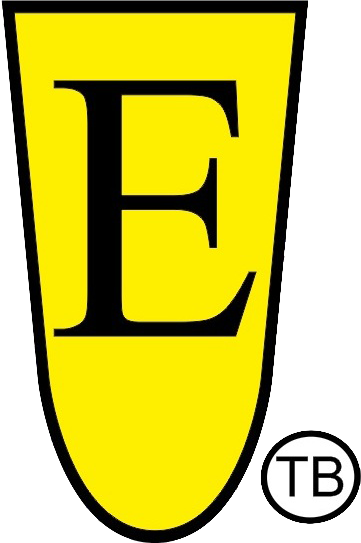

Each time after importing a vehicle from abroad, it is worth seeking advice from a car expert
Importing a car from abroad requires the buyer to incur additional costs, apart from the registration itself and the PCC tax. The fee that must be taken into account is the excise duty for the car. In some cases, an opinion of an excise duty car expert will be necessary, because the regulations in this matter are quite complicated and it is easy to make a mistake to the disadvantage of the person buying the car. In addition, offices are very eager to question the car’s valuation, which is stated on the invoice, which in turn may even cause the office to appoint an appraiser who will question the amount due. As experienced appraisers, we are able to realistically estimate the value of the imported vehicle, so that the customer pays the amount of excise duty adequate to the condition of the car, and in addition, does not risk possibly questioning the amount due by the office.
Excise duty for a car – appraisal
In the case of new or relatively new cars, the situation is very simple, as their value can be easily estimated. However, this applies to cars that are in good condition and have not been damaged, and their loss in value is due to natural use. However, if the car is excessively worn out or comes from an accident, the situation becomes a bit more complicated. In such a situation, the seller decides about the valuation, and the buyer agrees. It is quite subjective because such market valuation is not easily verified. It is difficult to estimate how much a damaged car is actually worth. Often, however, the official only sees the amount for which it was purchased and the year. The actual damage is difficult to assess, and then the office may question whether the real value of the car is actually as low as the amount shown on the purchase invoice. In such a situation, the offices appoint their experts, and if it turns out that the amount has been underestimated, the costs of the expert are covered by the car owner.
It is therefore in the interest of the car buyer to pay the amount actually due. This mechanism also works the other way around, as the excise tax is charged, among other things, depending on the engine capacity and the value of the car. If the car is badly damaged, it is easy to fall into a trap in which you will have to pay a much higher excise duty than the one actually owes to the office.
Opinion of a car appraiser for excise duty – when is it worth taking an appraiser?
 If the situation is disputed, it is worthwhile to immediately decide on an appraiser. In our scope, we provide a comprehensive vehicle valuation, which ends with the issuance of a binding document that will be recognized by the customs office.
If the situation is disputed, it is worthwhile to immediately decide on an appraiser. In our scope, we provide a comprehensive vehicle valuation, which ends with the issuance of a binding document that will be recognized by the customs office.
Over the years, we have gained experience in the valuation of cars of various brands, as well as various types that were in a very diverse condition. We are able to evaluate each vehicle and determine how much the car is ultimately worth, regardless of how badly it is damaged. Our valuation includes both new and used cars. They may be slightly damaged or completely broken.
How to appraise a car’s value for excise duty?
The process of car valuation from excise duty is imposed from above and there is no room for freedom in terms of interpretation of the regulations. The final amount of the excise duty results, among other things, from the engine capacity.
- Vehicles with an engine capacity of up to 1999 cm3 apply the rate of 3.1% of the excise tax.
- Vehicles with an engine capacity of 1999 cm3 and more apply the 18.6% excise tax.
- The excise tax is calculated according to the above-mentioned rates on the value of the vehicle calculated by an expert car appraiser.
Frequently asked questions about the car inspection by an expert – FAQ
What determines the amount of excise duty for a car?
How to correctly calculate the amount of excise duty?
What are the consequences for unpaid excise duty?
Failure to pay the excise tax is punishable by a penalty specified in the penal and fiscal code. It is a criminal offense with sanctions such as imprisonment of up to two years or a fine that can amount to up to 720 daily rates. Importantly, these penalties may be cumulative, and therefore may be subject to a fine and imprisonment at the same time. Penalty may apply to trade in goods with unpaid excise duty, as well as their storage and acquisition.






